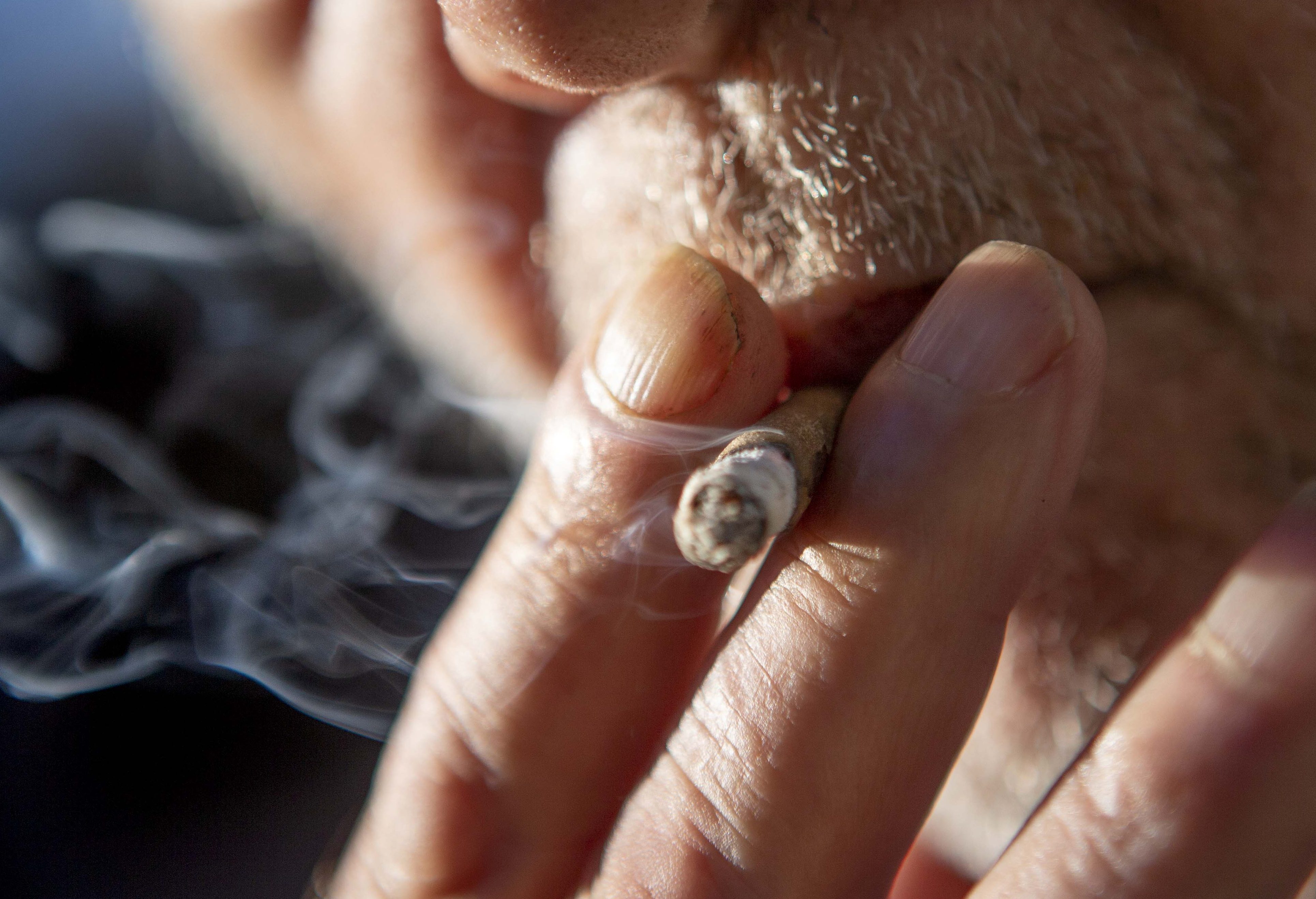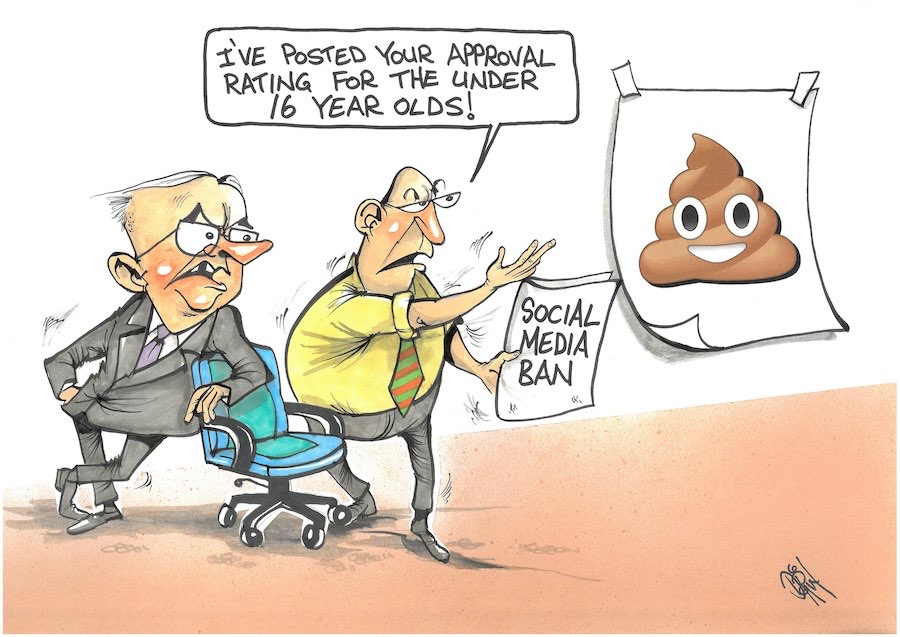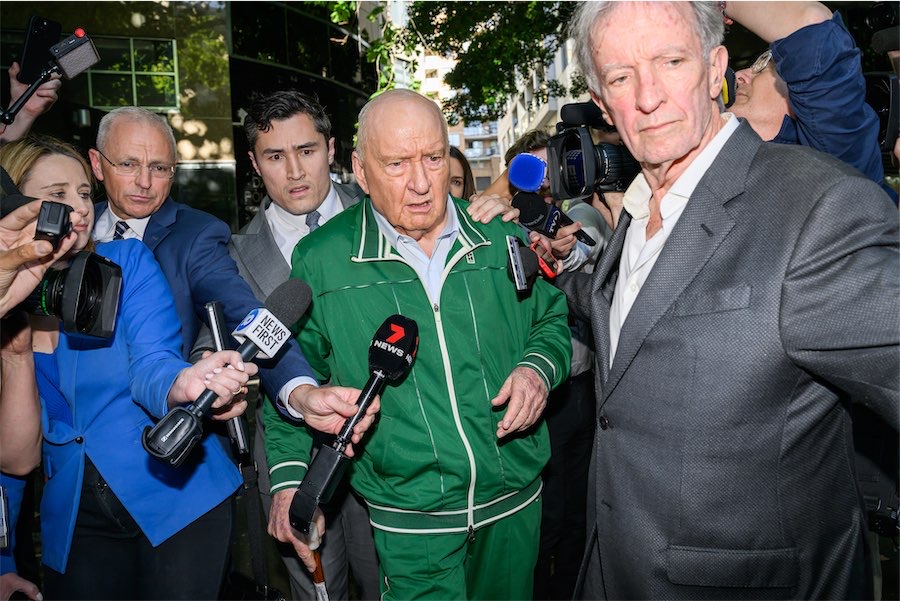
“ACT citizens can have in their possession personal quantities of heroin, cocaine, amphetamine or home-grown cannabis without legal repercussions, but carrying mango-flavoured nicotine juice for vaping risks up to a two-year prison sentence and a $32,000 fine,” writes academic and author ROSS FITZGERALD.
HUMAN beings have always used psychoactive drugs. Some animals and birds, such as elephants and parrots, occasionally indulge in intoxication.

But what drives people to continue to consume drugs even though they are aware that their drug use is severely harming themselves and often hurting others?
Is it the demand for drugs, or is it the supply – the fact that drugs are available? Clearly demand can create supply, but supply can also create demand.
When testifying before a US Senate committee before being appointed Secretary of Defence in 2001, Donald Rumsfeld said that drug use is “overwhelmingly a demand problem”. He continued: “If demand persists, it’s going to find ways to get what it wants.”
The international record of severely restricting the supply of drugs, or banning them, is extremely poor. Often, these efforts initially draw strong political support, but as nasty unintended consequences become overwhelming, support soon turns to opposition.
Most men and women don’t recognise that alcohol is a drug. The prohibition of alcohol in the US in 1920 could not have happened without the strong support of the Women’s Christian Temperance movement.
A few years later, the rise of organised crime caused this movement to campaign for the abolition of alcohol prohibition.
Although the term “prohibition” was used, it was only alcohol manufacture and sale that was prohibited. Consumption and possession of alcohol obtained with the aid of a doctor’s prescription was legal. But demand for alcohol remained strong and when legal supply was severely restricted, Americans who wanted to drink bought alcohol from a rapidly developing black market.
Australian cigarettes are the most expensive in the world, with additional price increases scheduled for 2024 and 2025. Some Australian smokers have responded to the high prices by quitting. But an increasing proportion purchase black-market cigarettes.
Often sold to minors, these cheap, low-quality cigarettes, which primarily originate from China, are being distributed by organised crime groups and outlaw motorcycle gangs.
Turf wars between rival criminal suppliers of black-market cigarettes account for at least 20 recent arson attacks on tobacconist shops in Victoria, Queensland and SA. There have also been some execution-style homicides by shooting in public places.
Another major problem is that although selling cigarettes to underage people is illegal, this is rarely enforced by police throughout Australia.
Propelled by sky-high cigarette taxes, this soaring black market for cigarettes is now entrenched in Australia.
In fact, smoking cigarettes currently involves the potentially avoidable loss of 21,000 lives in Australia and eight million lives worldwide, every year.
This is not surprising, because cigarette smoke contains high concentrations of 7000 chemicals, including 70 carcinogens.
Although our governments increasingly benefit from taxing people who purchase cigarettes, they also pay for the treatment of smoking-related diseases. These billion-dollar bills include the massive costs of frequent hospitalisations and palliative care for smokers.
Sadly, the demand for nicotine and the purchase of cigarettes isn’t going to disappear. This is why, throughout Australia, there is currently a fierce debate about vaping. For example, in the last parliamentary session of this year’s federal parliament, there was vigorous argument about Health Minister Mark Butler’s proposed legislation, which introduced even more restrictions about the capacity for Australians to purchase vapes and vaping products.
Just as it’s well and truly time to take on criminal groups and outlaw motorcycle gangs supplying black-market cigarettes, it’s also time the Australian government started encouraging cigarette smokers to inquire about other options.
As many “CityNews” readers are aware, ACT citizens can have in their possession personal quantities of heroin, cocaine, amphetamine or home-grown cannabis without legal repercussions, but carrying mango-flavoured nicotine juice for vaping risks up to a two-year prison sentence and a $32,000 fine.
Along with leading Australian drug law reform advocate, Dr Alex Wodak AM, I think this is utterly absurd.
Surely our state and federal public health policy makers should be guided by what will work best to accelerate the decline in smoking.
The 21,000 Australians who die prematurely from smoking every year come from all economic and social groups, but low-income and disadvantaged Australians are over-represented.
Many Australians with a severe alcohol problem will die from smoking-related causes rather than from the effects of alcohol.
As a sober member of Alcoholics Anonymous for more than 53 years, I am conscious of how common smoking is among alcoholics who have stopped drinking or who are trying to stop drinking alcohol and stay that way.
For decades, I have encouraged AA members (and other friends) to quit smoking, but these days I also encourage them to consider other options. As it happens, in this regard vaping is by far the most effective and least harmful way to do so.
Ross Fitzgerald AM is Emeritus Professor of History and Politics at Griffith University. The author or co-author of 45 books, his most recent book is the co-authored Grafton Everest political satire “Pandemonium”.
Who can be trusted?
In a world of spin and confusion, there’s never been a more important time to support independent journalism in Canberra.
If you trust our work online and want to enforce the power of independent voices, I invite you to make a small contribution.
Every dollar of support is invested back into our journalism to help keep citynews.com.au strong and free.
Thank you,
Ian Meikle, editor





Leave a Reply